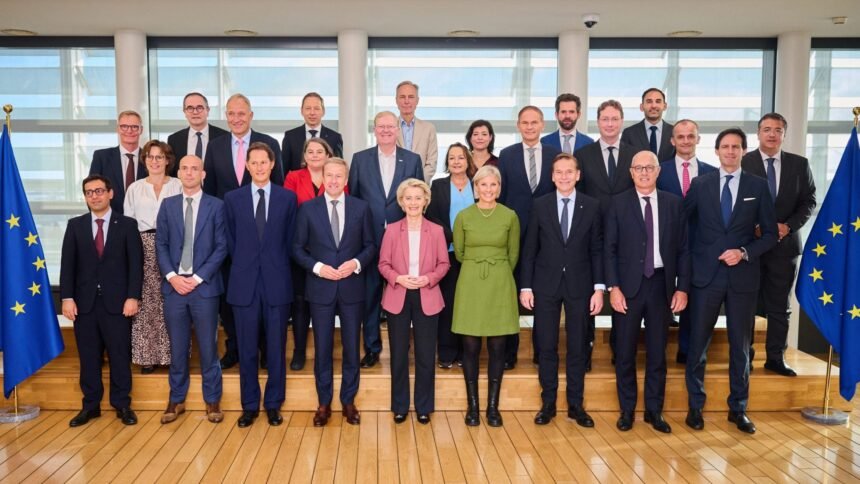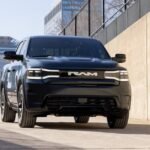Representatives of Europe’s auto industry recently met with EU Commission President Ursula von der Leyen as part of the ‘third Strategic Dialogue’ initiative. This ongoing dialogue, which was launched eight months ago, aims to address the mounting crisis in a sector that is crucial to the European economy.
During the meeting, European automakers expressed their concerns regarding the European Union’s stringent climate regulations. They called for a re-evaluation of the current trajectory, which includes plans to ban combustion engines on new vehicles for sale, with a goal of achieving a 100% reduction for cars by 2035. The industry argues that these targets are ‘unfeasible’ given the current challenges they face.
In addition to environmental regulations, Europe’s auto industry is also facing increased competition from China in the electric vehicle (EV) market and higher tariffs on shipments to the US. The European Automobile Manufacturers Association (ACEA) recently sent a letter to the EU Commission emphasizing the need for a more realistic approach to decarbonization and competitiveness.
Despite the industry’s concerns, the EU Commission did not show signs of making concessions during the meeting. ACEA welcomed the focus on the structural challenges facing the sector and Europe as a whole, highlighting the importance of bold and fast action to address these issues.
The European suppliers organization CLEPA echoed ACEA’s sentiments, calling for a ‘technology-neutral strategy’ that embraces a variety of climate-neutral technologies. CLEPA emphasized the need for a regulatory framework that supports a range of solutions, including hybrids, range extenders, hydrogen, and renewable fuels.
Industry leaders, including Ola Källenius of ACEA and Christian Levin of Traton Group and Scania, stressed the urgency of revising CO2 standards for heavy-duty vehicles and creating enabling conditions for road freight to achieve climate neutrality.
In a positive development, a Memorandum of Understanding was signed between the Commission and key stakeholders to promote synergies in innovation programs. ACEA welcomed the intent to develop a Joint Undertaking for Automotive Research and Innovation, emphasizing the importance of direct company involvement in shaping this initiative.
Overall, the industry is pushing for a more realistic and balanced approach to decarbonization and competitiveness. The next meeting of the Strategic Dialogue is expected to take place by December, providing an opportunity for further discussions and collaboration on these critical issues.







